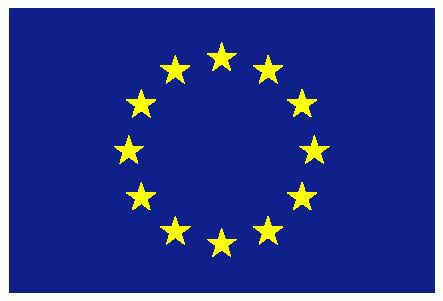The illegal trade in tobacco products increased by 28 percent in Norway last year and ‘cost the treasury some €10 million in loss of revenue,’ according to a Customs Today story.
This was said to have been the main finding of an EU-wide [Norway is not a member of the EU but is closely associated with it] report that will be discussed at the seventh session of the Conference of the Parties (COP7) to the World Tobacco Organization’s Framework Convention on Tobacco Control (FCTC), which will be held in India in November.
The story said that the illegal trade in tobacco products was ‘enormous’ in some countries, and accounted for nearly 10 percent of the global cigarette market. This number was significantly higher in low- and middle-income countries where up to 50 percent of cigarettes sales comprised illicit products.
The story went on to say that the FCTC’s Protocol to Eliminate Illicit Trade in Tobacco Products was needed because the illegal trade in tobacco products posed a serious threat to public health. ‘This trade increases access to illicit tobacco products, undermining tobacco control policies,’ it said.
‘The protocol will provide an international legal framework to implement a series of measures, taken by individual countries, acting in co-operation with each other.’
Earlier this month, however, Philip Morris International expressed concern that, four years after its adoption in November 2012, the protocol had not entered into force.
The protocol must be ratified by 40 FCTC signatories to enter into force, but, after almost four years, only 20 signatories, 19 countries and the EU, have ratified it.
“PMI has been a supporter of the anti-illicit trade protocol since its adoption in 2012, said Alvise Giustiniani, head of PMI’s Anti-Illicit Trade Department. “The WHO’s protocol paves the way for solutions that have already been proven effective in the EU – such as tracking and tracing, and due diligence procedures – to be implemented as common practice around the world. We believe the protocol is a significant step forward towards creating a global solution for the problem of the illegal and unregulated tobacco trade.
“It is concerning that, four years after its adoption, the protocol has not entered into force. As the protocol presents a promising framework to fight the tobacco black market around the world, this is a missed opportunity.”

